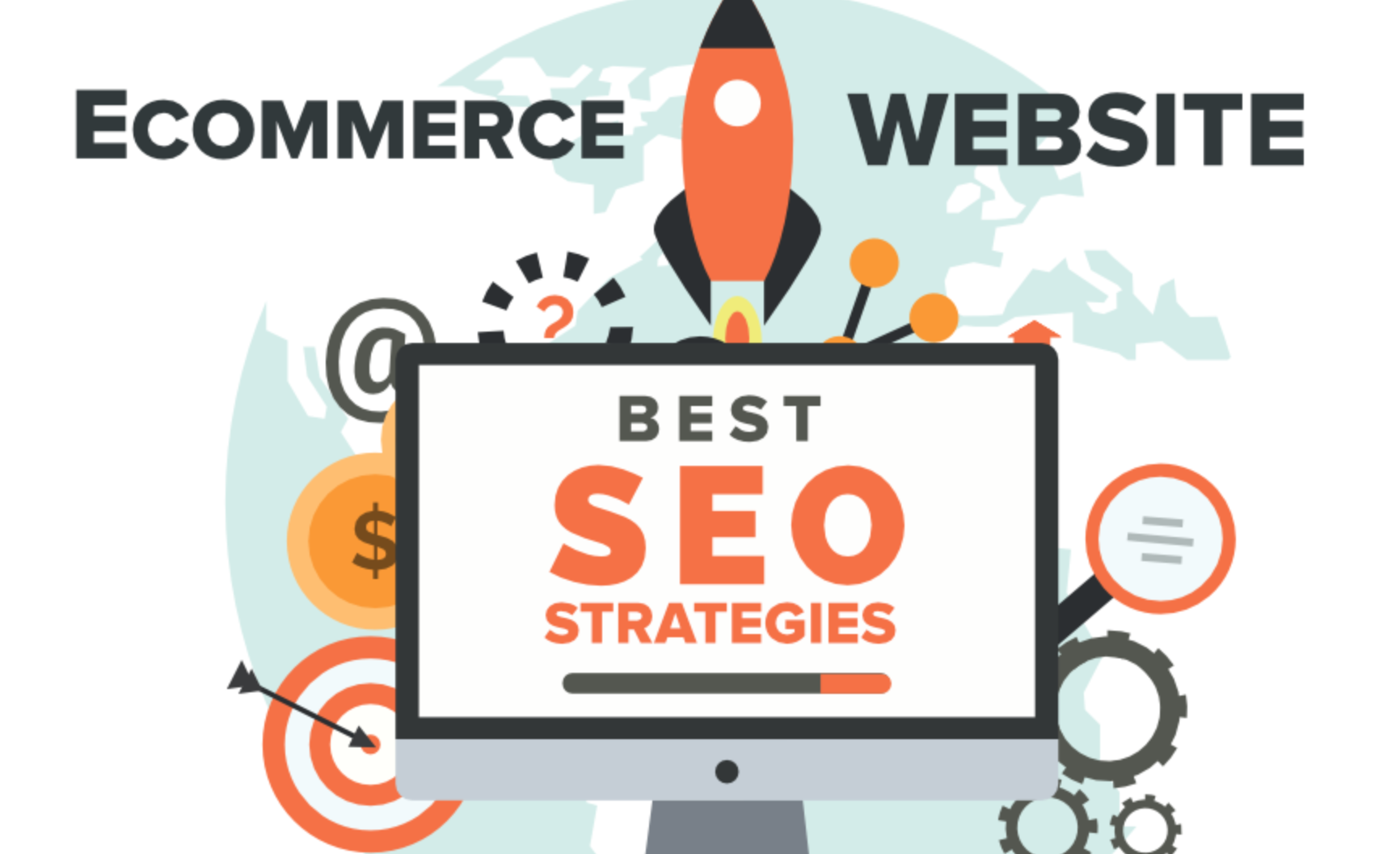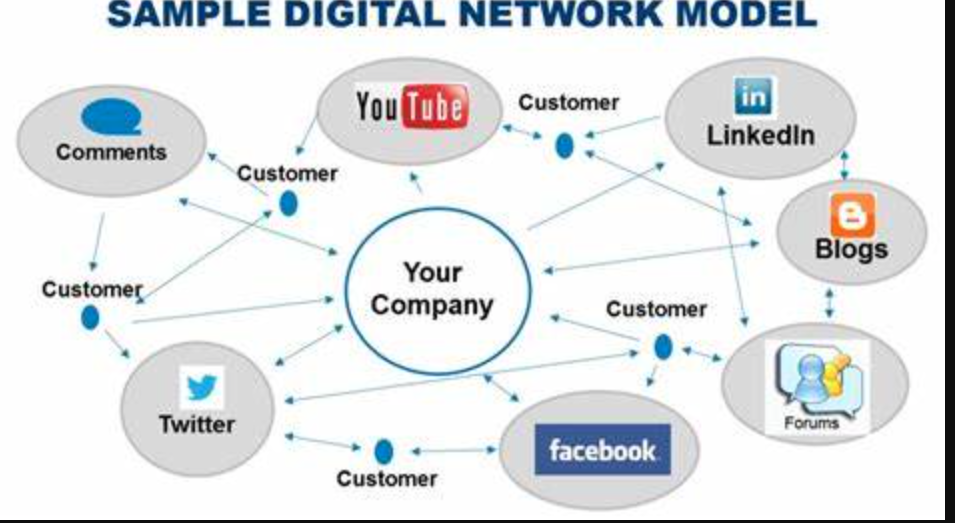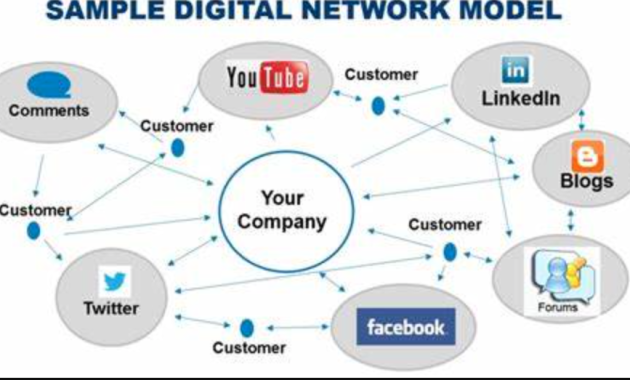eCommerce SEO Strategies – Visibility is vital in the fiercely competitive eCommerce world of today. Picture your ideal client looking for the ideal product, and your website coming up first in the results. This is the potential of a well implemented SEO plan for internet retailers. We’ll reveal the eCommerce SEO secrets in this book and assist you in making your online business a sales magnet.
Find out how SEO (search engine optimization) may change your online store.
Making your online store accessible to prospective buyers who are looking for items similar to yours is the art and science of search engine optimization, or SEO. You should thus prioritize using a strong eCommerce SEO approach in all of your digital marketing endeavors.
Table of Contents
ToggleWhy eCommerce SEO is Important
- Targeted Traffic: Visitors who are especially seeking for the things you sell are attracted by SEO. Increasing conversion rates and sales may be achieved by focusing on the appropriate audience.
- Increases Brand Credibility: Your brand gains trust and authority when it ranks well on search engines. When your brand is the top result in their search, potential consumers are more inclined to trust it.
- Long-Term Growth: In contrast to paid advertising, which stops producing results as soon as the funding runs out, SEO has enduring advantages. Over time, the improvements you make to the structure and content of your website will continue to generate organic traffic.
- Cost-Effective: Reaching your target audience with SEO is more cost-effective than through sponsored advertisements. Your current SEO investment may pay dividends in the future years.
The Foundation of a Successful SEO Strategy: Keyword Research

Just picture constructing a house without a blueprint. The cornerstone of your eCommerce SEO approach is keyword research. It entails figuring out the search phrases that members of your target market use to find goods that are comparable to yours.
- Use Long-Tail Keywords: Choose more focused, long-tail keywords such as “women’s running shoes for flat feet” in place of broad phrases like “shoes.” Long-tail keywords are perfect for eCommerce SEO since they are less competitive and have greater conversion rates.
- Utilize Keyword Research Tools: Use tools like as Ahrefs, SEMRush, and Google Keyword Planner to find high-value keywords related to your field. You may target low-competition and high-volume keywords with the aid of these tools.
- Put Yourself in Your Customer’s Shoes: Consider the queries that potential buyers may have when looking for your product. Which issues are they attempting to resolve? Make use of these data to determine which terms your audience will respond to the best.
- Don’t Overlook Competitor Research: Examine the websites of your rivals to find out which keywords they rank for. This will provide you insightful information and assist you in finding keyword chances that you might have overlooked.
On-Page SEO: Optimizing Your Website for Search Engines
Once you’ve identified your target keywords, it’s time to optimize your website. On-page SEO involves making your website more appealing to both search engines and users.
1. Mobile Optimization
eCommerce SEO’s non-negotiable component is mobile optimization. A website that isn’t mobile-friendly won’t be able to compete in the modern world. Ensure that your website is responsive, meaning it will work well on any device—desktop, tablet, or smartphone. In addition to enhancing user experience, mobile optimization plays a major role in search engine results.
2. Product Page Optimization
Your product pages are the heart of your online store. Optimizing these pages is key to improving your search engine rankings. Here’s how:
- Include Keywords: Incorporate your target keywords into your product titles, descriptions, and meta tags. But make sure the keywords fit naturally into the content.
- High-Quality Visuals: Use high-resolution images and videos to showcase your products. These visuals can improve your SEO by increasing user engagement and time spent on your site.
Building Trust and Authority with Off-Page SEO
Websites that are regarded as reliable and authoritative are given priority by search engines. Developing contacts in your sector and obtaining backlinks from other websites are key components of developing authority and trust.
1. Content Marketing
The foundation of every effective SEO strategy is content. Make interesting and educational material that speaks to the interests and problems of your audience. You may establish yourself as an industry leader by writing blog articles, product manuals, and tutorials, which can boost traffic and conversions.
2. Build Backlinks
One of the most powerful ways to build authority is through backlinks. Backlinks are links from other websites to your site, and they signal to search engines that your content is valuable and trustworthy.
- Outreach: Reach out to influencers, bloggers, and other industry leaders to collaborate on content or share your products. Guest blogging is a great way to earn backlinks and grow your audience.
- Social Sharing: Make it easy for customers to share your content by adding social sharing buttons on your product pages and blog posts. Social shares can lead to increased visibility and, ultimately, more backlinks.
Technical SEO: The Backbone of Your Strategy
Technical SEO refers to optimizing the technical elements of your website to improve its performance in search engine rankings. While it may not be as glamorous as content creation, it’s equally important.
1. Site Speed
A slow-loading website can lead to high bounce rates and lower rankings. Use tools like Google PageSpeed Insights to analyze and improve your site’s loading speed.
2. Structured Data
Implement structured data (also known as schema markup) to help search engines understand the content of your website. Structured data can improve your chances of appearing in rich snippets, which can increase your click-through rate (CTR).
3. Site Architecture
A clear and organized site structure is essential for both users and search engines. Ensure that your website is easy to navigate and that all pages are accessible within a few clicks from the homepage.
Leveraging Social Media for eCommerce SEO

Social media may not directly impact your search rankings, but it can significantly influence your overall SEO efforts. Here’s how you can use social media to your advantage:
- Boost Visibility: Promote your products and content on social media platforms like Facebook, Instagram, and Pinterest. The more visibility your content gets, the more likely it is to attract backlinks.
- Engage with Your Audience: Use social media to interact with your customers, answer their questions, and address their concerns. This builds trust and encourages them to share your content with their networks.
Stay Ahead of the Curve: Continuous Improvement
SEO is not a one-time task; it’s an ongoing process. To stay competitive, you need to continually optimize your website and adapt to changes in search engine algorithms.
- Monitor Your Rankings: Use tools like Google Search Console and Ahrefs to monitor your keyword rankings and website performance.
- Track Competitors: Keep an eye on your competitors’ SEO strategies. Identify what they’re doing well and look for opportunities to differentiate your site.
- Perform Regular SEO Audits: Conducting regular SEO audits can help you identify areas for improvement. These audits should cover everything from site speed to backlink profiles.
Bonus Section: The Power of an SEO Audit for eCommerce
An SEO audit is a comprehensive analysis of your website’s performance in search engine rankings. It helps identify areas for improvement and uncovers hidden issues that may be holding you back. Key elements of an SEO audit include:
- Website Analytics: Analyze your site’s traffic and user behavior to identify trends and opportunities for improvement.
- On-Page Optimization: Evaluate the effectiveness of your on-page SEO, including keyword usage, meta tags, and content quality.
- Backlink Profile: Review the quality and quantity of backlinks pointing to your website. A healthy backlink profile is essential for building authority.
- Technical SEO: Assess technical elements like site speed, mobile optimization, and structured data to ensure your website is functioning at its best.
Invest in eCommerce SEO for Long-Term Success
A solid eCommerce SEO plan may boost sales, establish brand reputation, and promote long-term success. You may dominate search engine rankings and make your online business a potent sales engine by concentrating on keyword research, on-page optimization, content marketing, and technical SEO.
- 3 Effective Management Techniques: Leading Your Team to Success - July 7, 2024
- 10 Digital Marketing Analysis: Discover secrets online success - June 13, 2024
- Social Media: Key Marketing Success in 2025 - June 13, 2024













